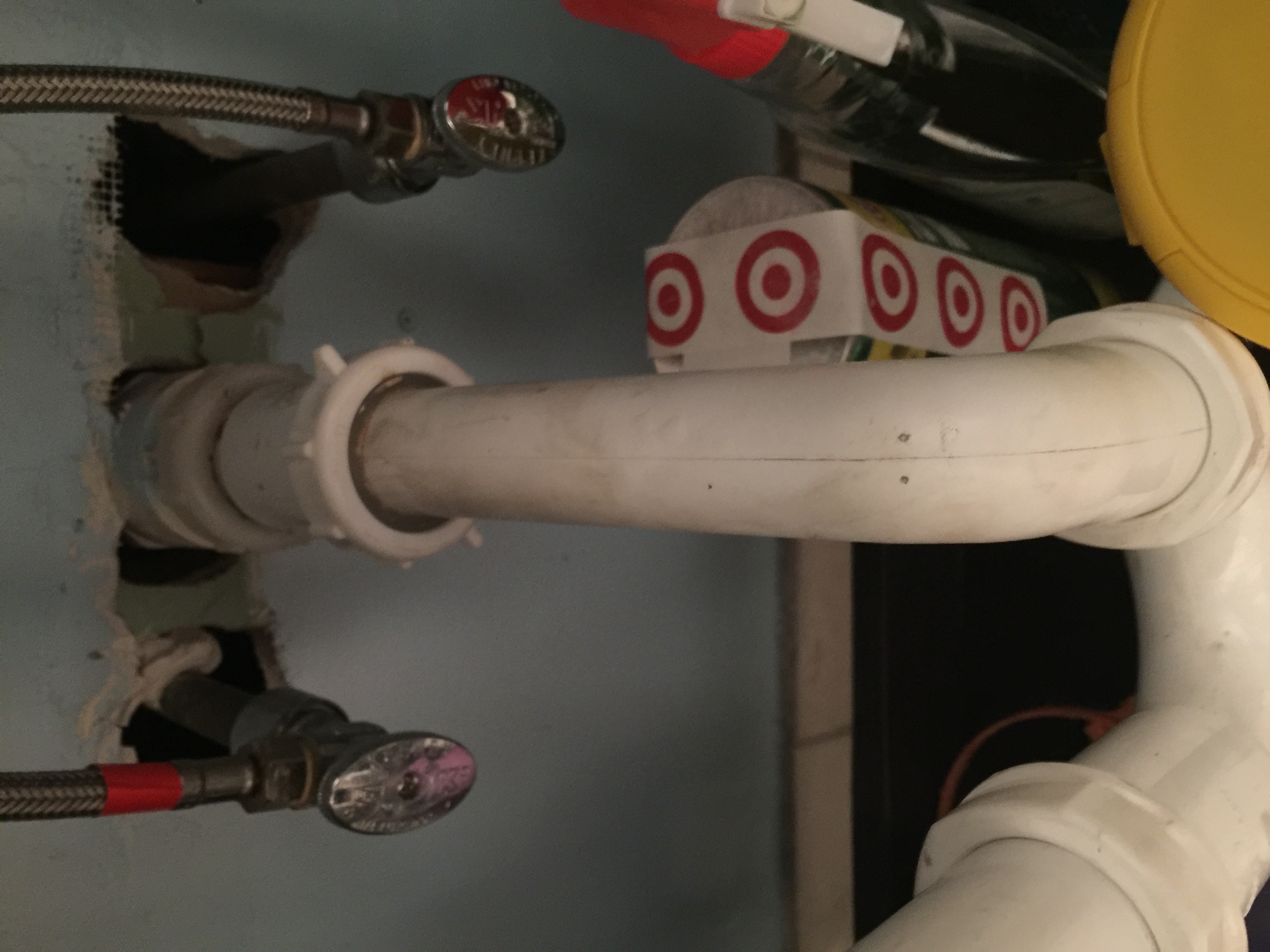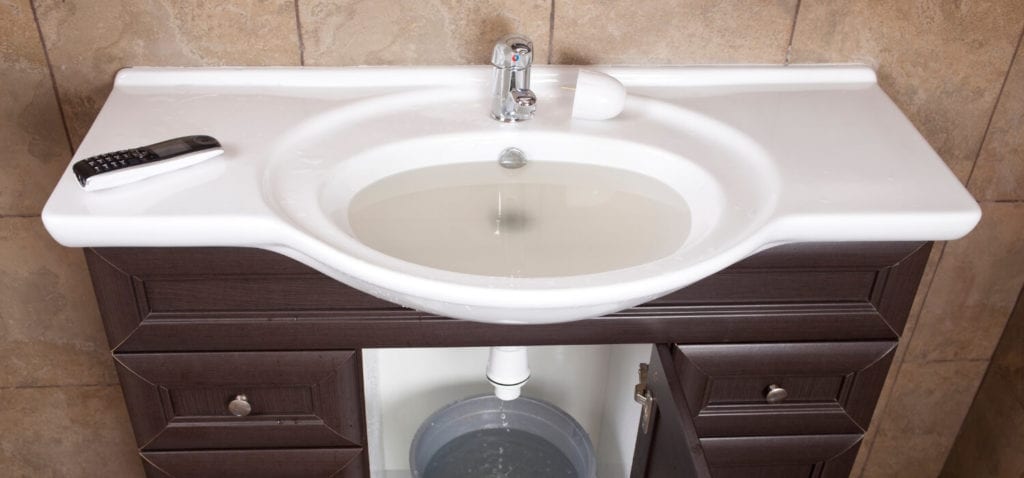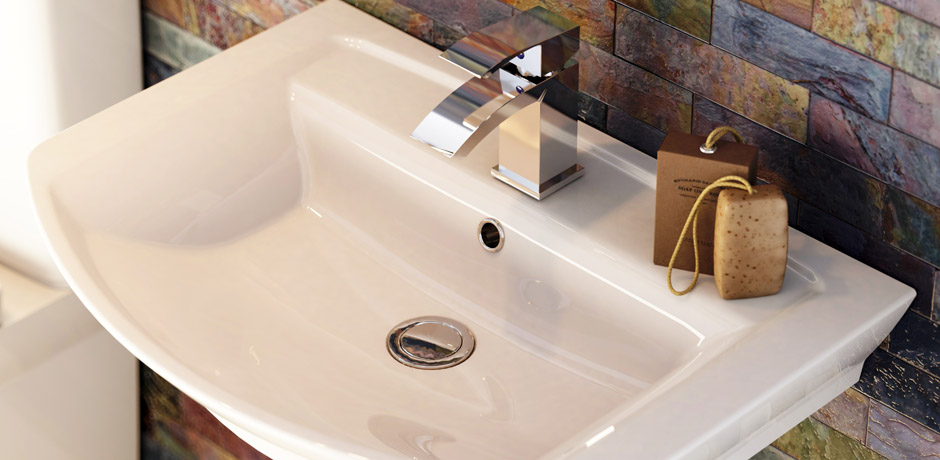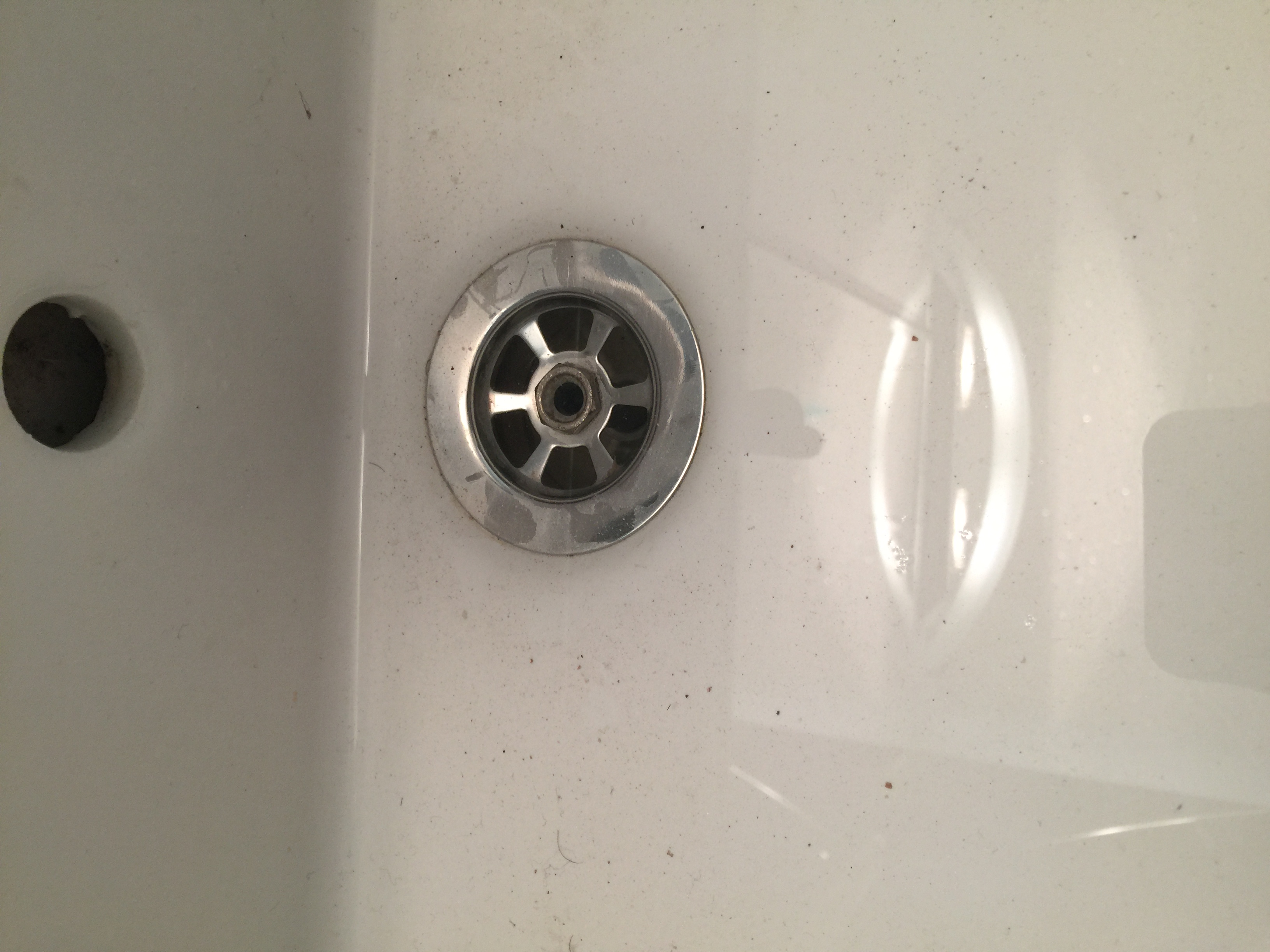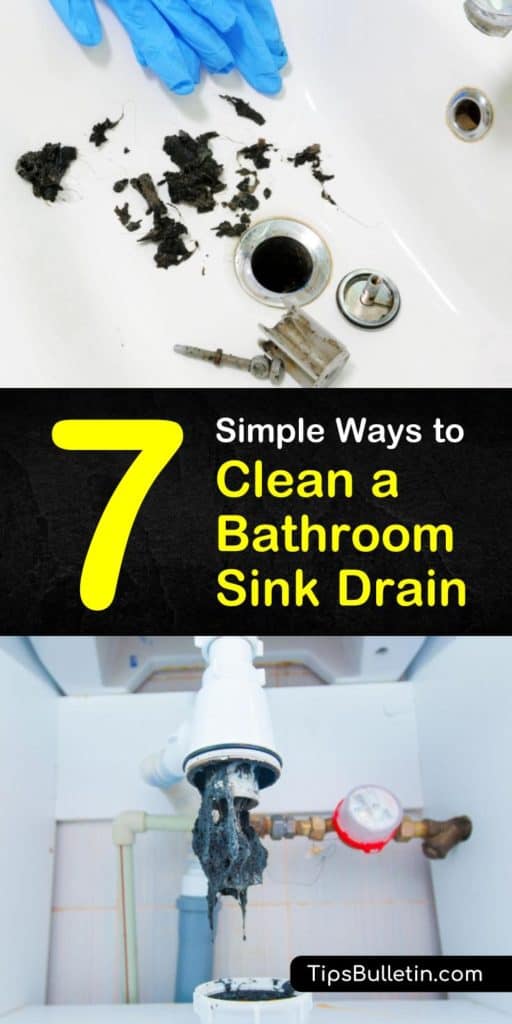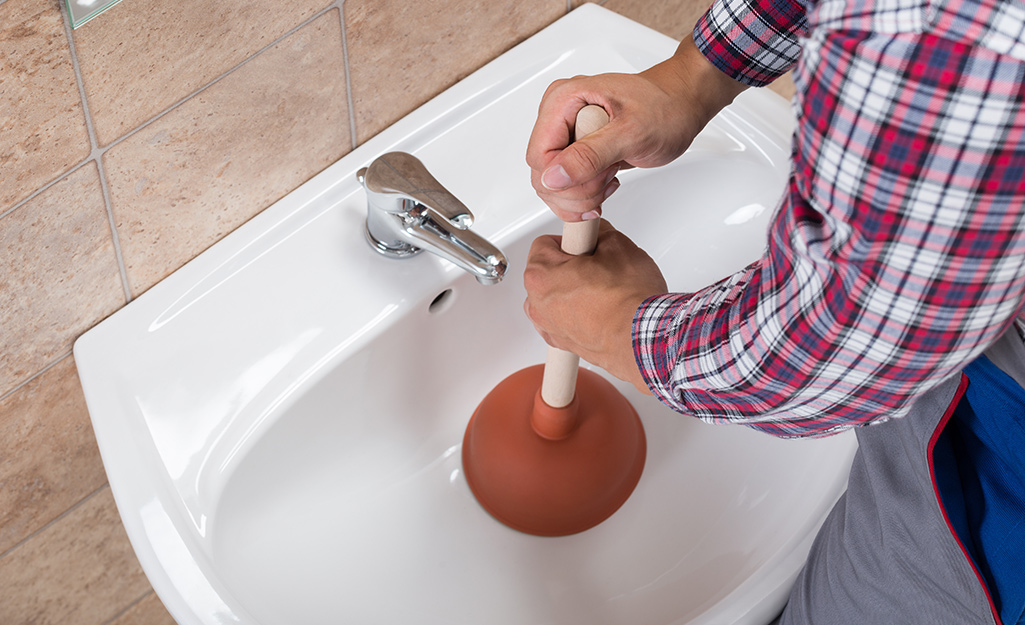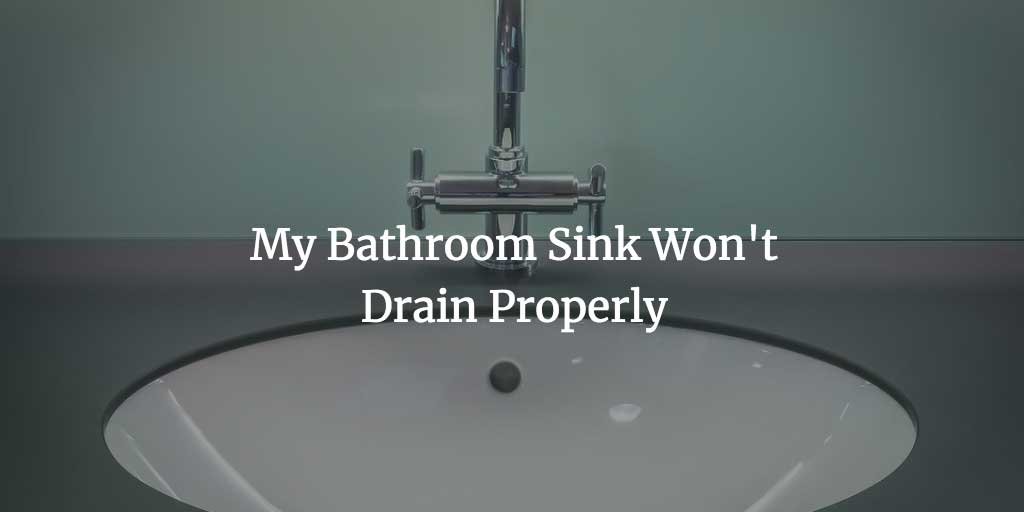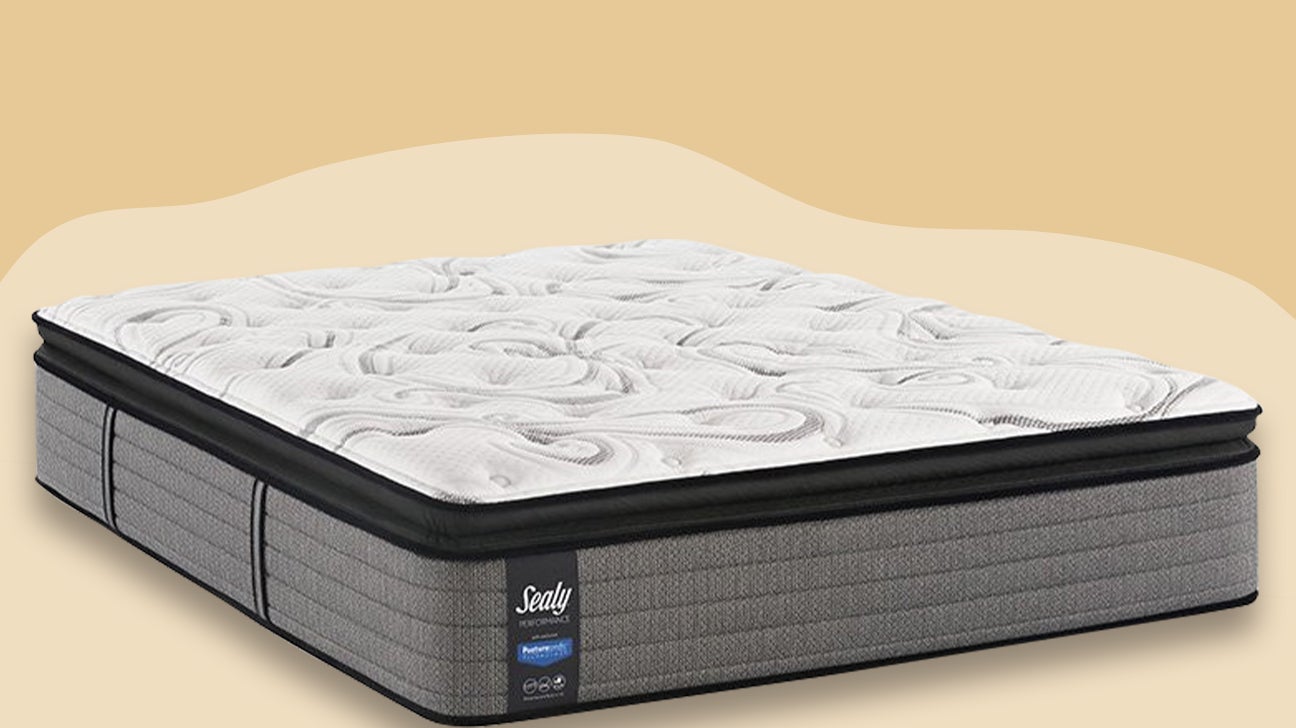Unclogging a Slow Draining Bathroom Sink
Dealing with a slow draining bathroom sink can be a frustrating and inconvenient problem. Not only does it leave standing water in your sink, but it can also lead to unpleasant odors and potential clogs in the future. Luckily, this issue is a common one and there are several easy fixes you can try to get your sink draining properly again.
How to Fix a Slow Draining Bathroom Sink
Before you start trying to unclog your bathroom sink, it's important to understand what is causing the slow drainage. This will help you determine which solution will be most effective. Some common causes of a slow draining bathroom sink include hair buildup, soap scum, and debris such as toothpaste or makeup products.
DIY Solutions for a Slow Draining Bathroom Sink
If your sink is only draining slowly and is not completely clogged, there are a few easy DIY solutions you can try. One option is to use a plunger to create suction and loosen any blockages. You can also remove the sink stopper and clean it thoroughly to remove any buildup. Another method is to pour a mixture of hot water and baking soda down the drain, followed by vinegar. This can help break down any buildup and clear the drain.
Causes of a Slow Draining Bathroom Sink
If DIY solutions are not effective, there may be a more serious issue causing the slow draining. Some potential causes include a clogged P-trap, a damaged or clogged pipe, or a blockage in the main sewer line. In these cases, it may be best to call a professional plumber to properly diagnose and fix the problem.
Easy Fixes for a Slow Draining Bathroom Sink
If you have determined that the cause of your slow draining bathroom sink is a clog, there are a few easy fixes you can try. One option is to use a plumbing snake or wire hanger to physically remove any blockages in the drain. You can also purchase a chemical drain cleaner, but be sure to follow the instructions carefully and avoid using it too frequently as it can damage your pipes.
Tips for Unclogging a Slow Draining Bathroom Sink
When trying to unclog your bathroom sink, it's important to remember a few key tips. First, always wear gloves and protective eyewear when using chemicals or physically removing blockages. Also, be mindful of what you put down your drain in the future to avoid future clogs. Finally, if you are unsure or uncomfortable with trying to unclog your sink yourself, it's best to call a professional plumber for help.
Common Reasons for a Slow Draining Bathroom Sink
As mentioned, some common reasons for a slow draining bathroom sink include hair buildup, soap scum, and debris. However, there are other factors that can contribute to this issue such as old pipes, incorrect pipe installation, or tree roots growing into your sewer line. If you are experiencing slow drainage frequently, it may be worth having a plumber inspect your pipes for any underlying issues.
How to Clear a Slow Draining Bathroom Sink
Clearing a slow draining bathroom sink can be a frustrating and time-consuming task. However, with the right tools and techniques, you can get your sink draining properly again. If DIY solutions are not effective, it's best to call a professional plumber to properly diagnose and fix the problem.
Troubleshooting a Slow Draining Bathroom Sink
If your sink is still draining slowly after trying various solutions, it's important to troubleshoot the issue. This may involve checking for any blockages in the P-trap or pipes, testing the water flow, or using a camera to inspect the pipes for any damage or clogs. A professional plumber will have the necessary tools and expertise to troubleshoot and fix the issue effectively.
Preventing a Slow Draining Bathroom Sink
The best way to deal with a slow draining bathroom sink is to prevent it from happening in the first place. This means being mindful of what you put down your drain and regularly cleaning and maintaining your sink and pipes. You can also install a mesh drain cover to catch any hair or debris before it goes down the drain.
In conclusion, a slow draining bathroom sink is a common issue that can be easily fixed with the right tools and techniques. By understanding the causes and trying some DIY solutions, you can save yourself time and money in the long run. However, if the issue persists or you are unsure of how to fix it, don't hesitate to call a professional plumber for assistance.
How to Fix a Slow Draining Bathroom Sink Without Clogging

The Importance of Maintaining Proper Drainage in Your Bathroom
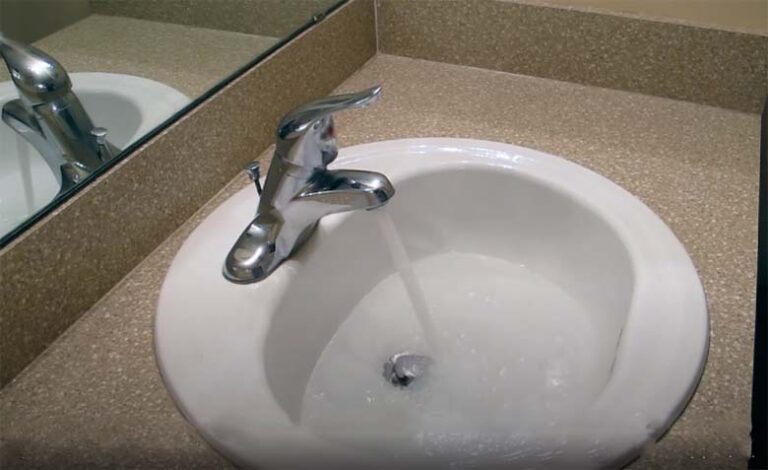 Proper drainage is essential in maintaining a functioning and hygienic bathroom. A slow draining bathroom sink can be a major inconvenience and disrupt your daily routine. It can also lead to unpleasant odors and potential health hazards. Therefore, it is crucial to address this issue as soon as possible.
Proper drainage is essential in maintaining a functioning and hygienic bathroom. A slow draining bathroom sink can be a major inconvenience and disrupt your daily routine. It can also lead to unpleasant odors and potential health hazards. Therefore, it is crucial to address this issue as soon as possible.
The Common Causes of Slow Draining Bathroom Sinks
 There are several reasons why your bathroom sink may be draining slowly. One of the most common causes is a buildup of hair, soap scum, and other debris in the drain pipes. Over time, these substances can accumulate and create a blockage that restricts the flow of water.
Another possible cause is a faulty pop-up drain assembly. This is the mechanism that opens and closes the sink's drain. If it is not functioning correctly, it can impede the drainage process.
There are several reasons why your bathroom sink may be draining slowly. One of the most common causes is a buildup of hair, soap scum, and other debris in the drain pipes. Over time, these substances can accumulate and create a blockage that restricts the flow of water.
Another possible cause is a faulty pop-up drain assembly. This is the mechanism that opens and closes the sink's drain. If it is not functioning correctly, it can impede the drainage process.
How to Fix a Slow Draining Bathroom Sink
 Fortunately, there are several simple and effective ways to fix a slow draining bathroom sink without clogging it. First, you can try using a plunger to dislodge any debris or blockage in the pipes. This method works best if the blockage is near the surface and easily accessible.
If the plunger does not work, you can try using a drain snake or auger. This tool is designed to reach deeper into the pipes and break up any stubborn clogs. Insert the snake into the drain and twist it to dislodge any buildup.
Another effective method is to use a mixture of hot water and baking soda. Start by pouring a cup of baking soda into the drain, followed by a cup of hot water. Let it sit for a few minutes before flushing it with hot water. This combination can help dissolve any grease or grime in the pipes.
Fortunately, there are several simple and effective ways to fix a slow draining bathroom sink without clogging it. First, you can try using a plunger to dislodge any debris or blockage in the pipes. This method works best if the blockage is near the surface and easily accessible.
If the plunger does not work, you can try using a drain snake or auger. This tool is designed to reach deeper into the pipes and break up any stubborn clogs. Insert the snake into the drain and twist it to dislodge any buildup.
Another effective method is to use a mixture of hot water and baking soda. Start by pouring a cup of baking soda into the drain, followed by a cup of hot water. Let it sit for a few minutes before flushing it with hot water. This combination can help dissolve any grease or grime in the pipes.
Preventive Measures to Avoid Slow Draining Bathroom Sinks
 To prevent future clogs and slow draining sinks, there are a few simple steps you can take. First, use a drain strainer to catch any hair and debris before it goes down the drain. Regularly cleaning the drain strainer can also help prevent buildup.
Additionally, avoid pouring grease or oil down the sink, as it can solidify and clog the pipes. You can also periodically pour hot water down the drain to help dissolve any accumulated substances.
To prevent future clogs and slow draining sinks, there are a few simple steps you can take. First, use a drain strainer to catch any hair and debris before it goes down the drain. Regularly cleaning the drain strainer can also help prevent buildup.
Additionally, avoid pouring grease or oil down the sink, as it can solidify and clog the pipes. You can also periodically pour hot water down the drain to help dissolve any accumulated substances.
Conclusion
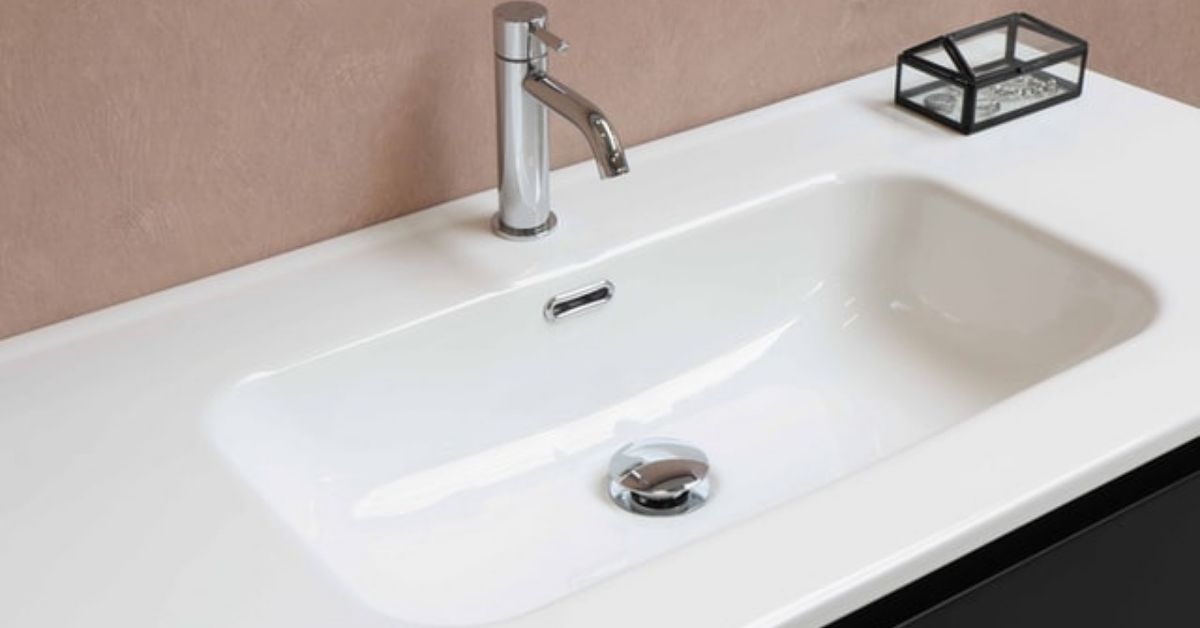 A slow draining bathroom sink can be a frustrating and unhygienic problem. However, with the right tools and methods, you can easily fix it without clogging the pipes. By taking preventive measures, you can also avoid this issue in the future and maintain a well-functioning and clean bathroom.
A slow draining bathroom sink can be a frustrating and unhygienic problem. However, with the right tools and methods, you can easily fix it without clogging the pipes. By taking preventive measures, you can also avoid this issue in the future and maintain a well-functioning and clean bathroom.


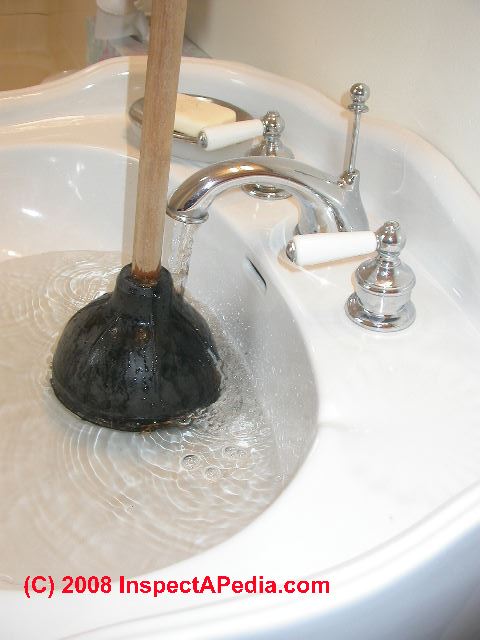





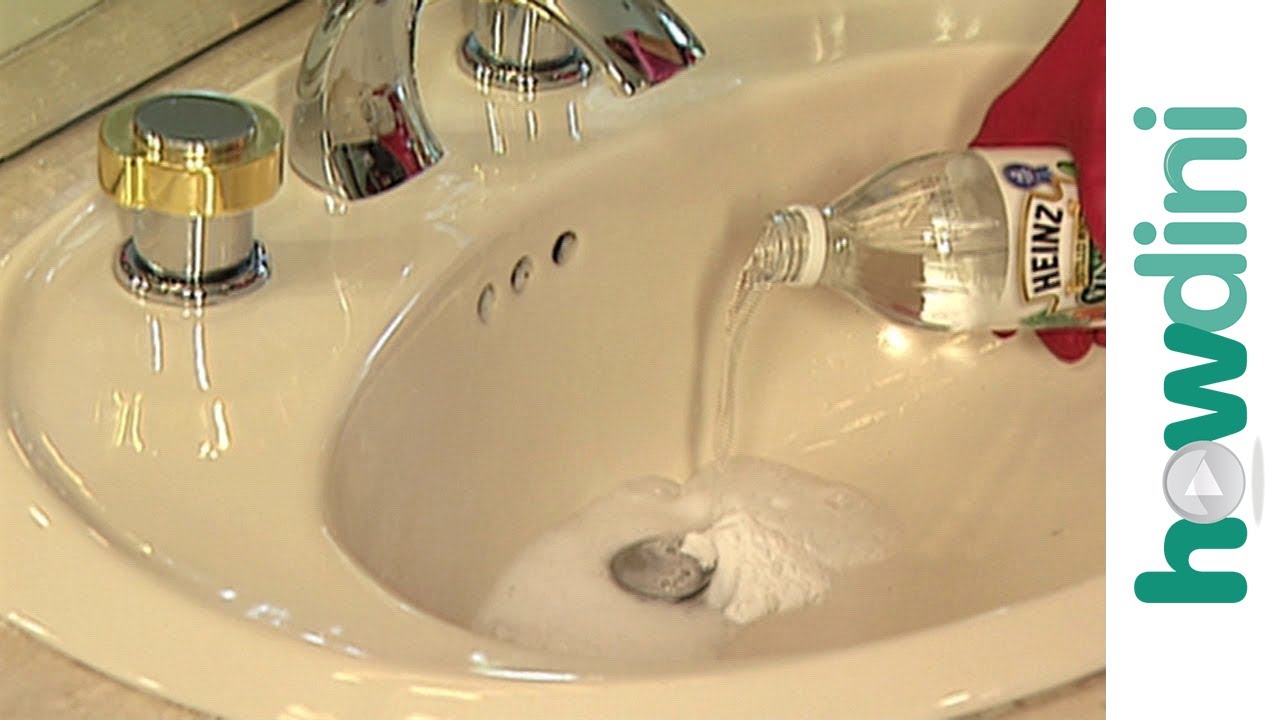










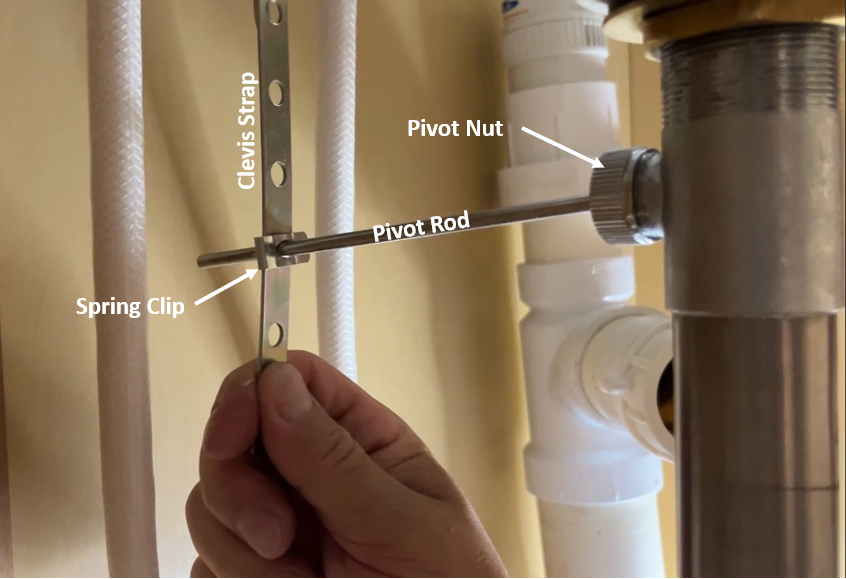



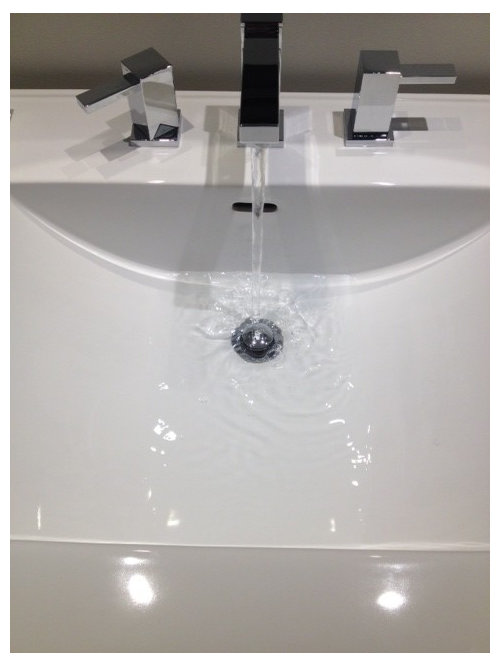

:max_bytes(150000):strip_icc()/Five-Ways-to-Fix-a-Slow-Sink-Drain-03-24c1f6dd477d46b9b5d1f70952a76933.jpg)



